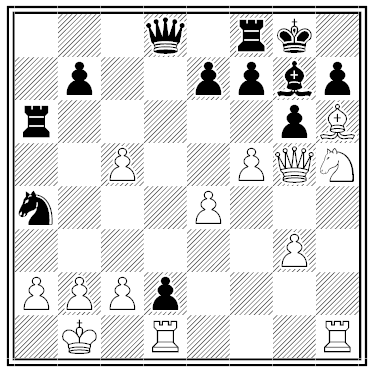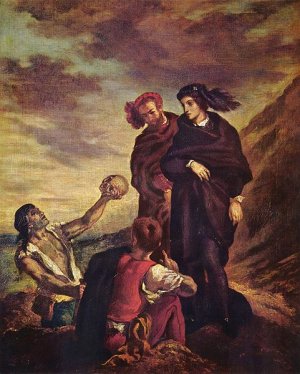
Fed up with overzealous censors during World War I, an anonymous soldier devised this preformatted “love letter” for use by British troops:
In the Field.
/ / 1917.
My (dear / dearest / darling),
I can’t write much to-day as I am very (overworked / busy / tired / lazy) and the (CORPS / G.O.C. / G.S.O.I. / A.A. & Q.M.G. / HUN) is exhibiting intense activity.
Things our way are going (quite well / much as usual / pas mal).
(We / The HUNS) put up a bit of a show (last night / yesterday) with (complete / tolerable / -out any) success.
(Our / The Russian / The Italian / The Montenegrin / The Monagasque / The United States / The Brazilian / The Panama / The Bolivian / The French / The Belgian / The Serbian / The Roumanian / The Portuguese / The Japanese / The Cuban / The Chinese) offensive appears to be doing well.
The German offensive is (obviously / apparently / we will hope) a complete failure.
I really begin to think the war will end (this year / next year / some time / never).
The (flies / rations / weather) (is / are) (vile / execrable / much the same).
The _______ is (cheery / weary / languid / sore distrest / at rest).
We are now living in a (chateau / ruined farm / hovel / dugout).
I am (hoping soon to come on / about due for / overdue for / not yet in the running for) leave, which is now (on / off).
I am suffering from a (slight / severe) (______ wound / fright / shell shock). [“Or state disease. If the whole of this sentence is struck out, the writer may be presumed to be well or deceased.”]
(_______ / ______’s wife) has just (sent him / presented him with) _________.
What I should really like is ______________.
Many thanks for your (letter / parcel / good intentions).
How are the (poultry (including cows) / potatoes / children) getting on?
I hope you are (well / better / bearing up / not spending too much money / getting on better with mother).
[Insert here protestations of affection — NOT TO EXCEED TEN WORDS:] __________
Ever [state what ever] ______________
XXXXXXXXXXXXXXXXXXXXXXXXXXXXXXXXXXXXXXXXXXXXXXXXXXXXXXXXXXX




